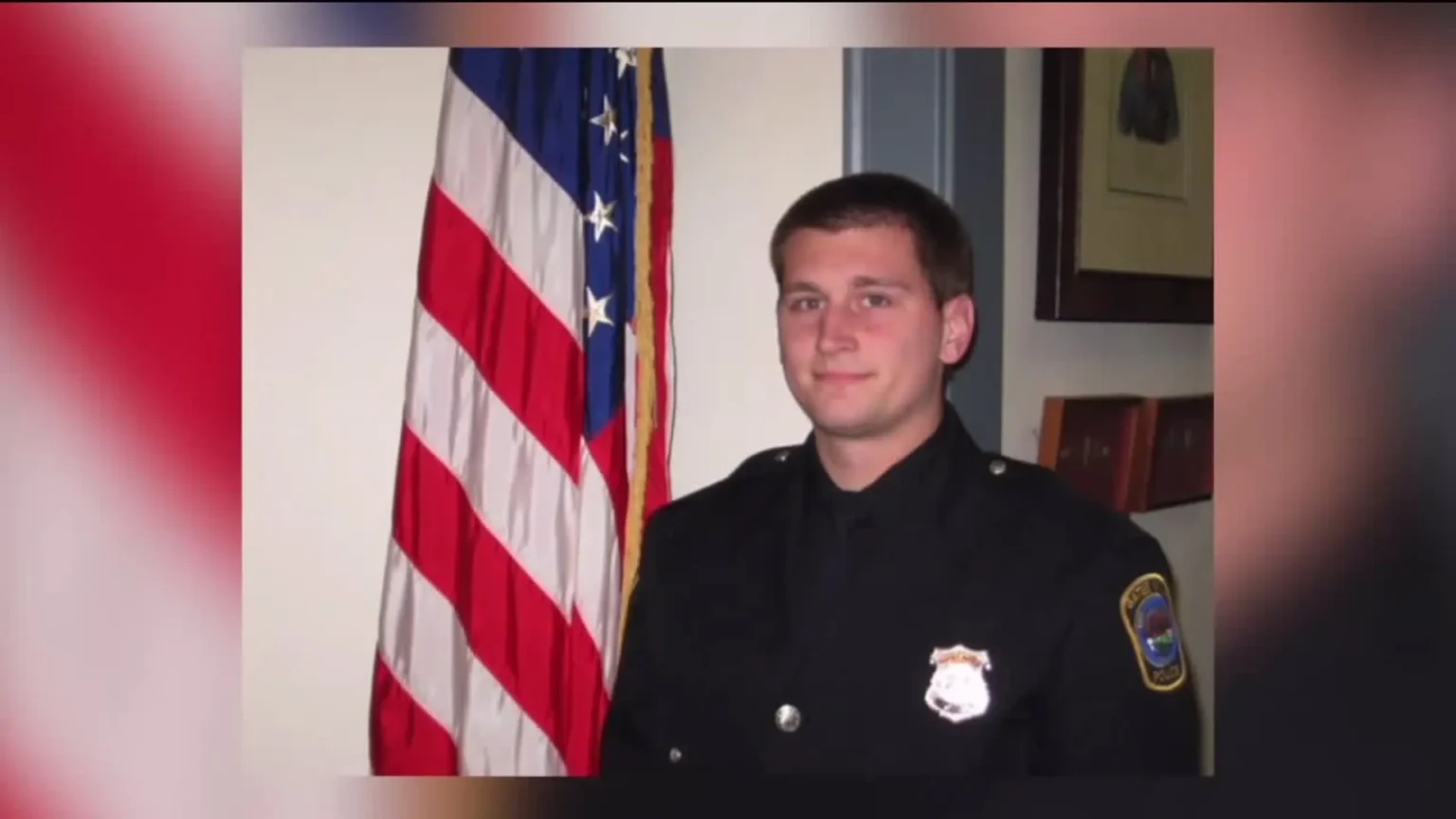In the quiet town of Painesville, Ohio, the story of Kayleigh Hustosky and her husband, Dylan, a dedicated police officer, took a tragic turn that shook the community to its core. This blog post aims to shed light on the events and broader issues surrounding this tragedy, providing insights and understanding to prevent future occurrences.
Table of Contents
Kayleigh Hustosky’s story is not just about the events leading to that fateful day; it’s also about the ripple effects on families and communities involved. It highlights the critical importance of addressing mental health and support systems within high-stress occupations like law enforcement. This reflection serves to honor her memory and examine ways to support those in similar situations.
The Incident: What Happened to Kayleigh Hustosky and Dylan Hustosky?
On a day that began like any other, the lives of Kayleigh and Dylan Hustosky took a heartbreaking turn. In their home in Painesville, Kayleigh, dealing with undisclosed personal struggles, tragically shot her husband before taking her own life. Dylan, who served as a police officer, survived but the incident left deep scars, both physically and emotionally, on him and their community.
This tragic event prompts a deeper examination of the stresses that law enforcement officers and their families often endure. It highlights the need for proactive measures to identify and address the mental and emotional health challenges that can escalate into crises. Understanding these dynamics is crucial for providing timely and effective support.
The Impact of Personal Struggles: Understanding Mental Health in High-Stress Families
Families of law enforcement personnel live with unique pressures. The unpredictability and stress of the job can create significant emotional turmoil at home. Kayleigh Hustosky story underscores the urgent need for mental health support tailored to these high-risk groups. It is vital that both officers and their families have access to mental health resources that address the specific challenges they face.
These resources could include counseling services, stress management workshops, and confidential helplines, ensuring that families receive the support they need. Such initiatives not only help in preventing tragedies but also in building a supportive community that acknowledges and addresses mental health as a priority.
Law Enforcement and Family Life: Balancing the Scales
The dual role of a law enforcement officer—as a protector of public safety and a family member—creates a delicate balance. The demands of the job, including irregular working hours, exposure to danger, and the emotional toll of daily duties, can strain personal relationships and family dynamics. Effective support systems within police departments can help mitigate these effects by offering family counseling and regular mental health check-ups.
Moreover, community-based programs that facilitate understanding and communication between law enforcement families and the general public can enhance mutual respect and support. Such programs can demystify the challenges faced by officers and their families, fostering a supportive environment for all.
Remembering Kayleigh Hustosky: Community Responses and Memorials
In the wake of the tragedy, the Painesville community came together to honor the memory of Kayleigh Hustosky and support Dylan during his recovery. Vigils were held, and community support initiatives were launched to aid the family and other officers experiencing similar challenges. These acts of kindness illustrate the community’s resilience and compassion.
Memorials and annual community events can serve as reminders of the personal costs of mental health issues and the importance of community support. They also provide a platform for raising awareness and funds for mental health resources, ensuring that Kayleigh’s story leads to positive change.
The Importance of Domestic Violence Awareness and Prevention
The incident involving Kayleigh and Dylan Hustosky brings attention to the critical issue of domestic violence, including within law enforcement families. It is essential to recognize signs of domestic stress early and to intervene effectively. Educational programs aimed at law enforcement agencies can teach officers and their families about the signs of domestic violence and the best practices for seeking help.
Collaborations between law enforcement, mental health professionals, and domestic violence experts can lead to the development of comprehensive strategies that protect all family members and provide clear pathways to support and recovery.
Moving Forward: Lessons Learned and Resources for Coping
The story of Kayleigh Hustosky is a poignant reminder of the hidden struggles many face and the importance of addressing them openly and with empathy. As we move forward, it is crucial to learn from such incidents and to strengthen the networks of support for those in high-stress occupations.
Resources for coping with mental health issues, available community support services, and educational materials should be readily accessible. By increasing awareness and support, we can hope to prevent future tragedies and build a more resilient society.
Read More:Geekzilla Radio
